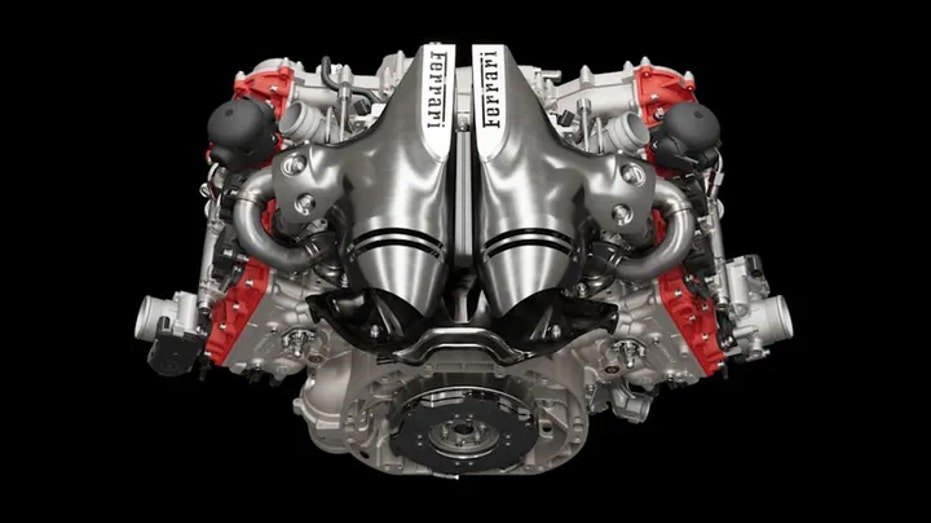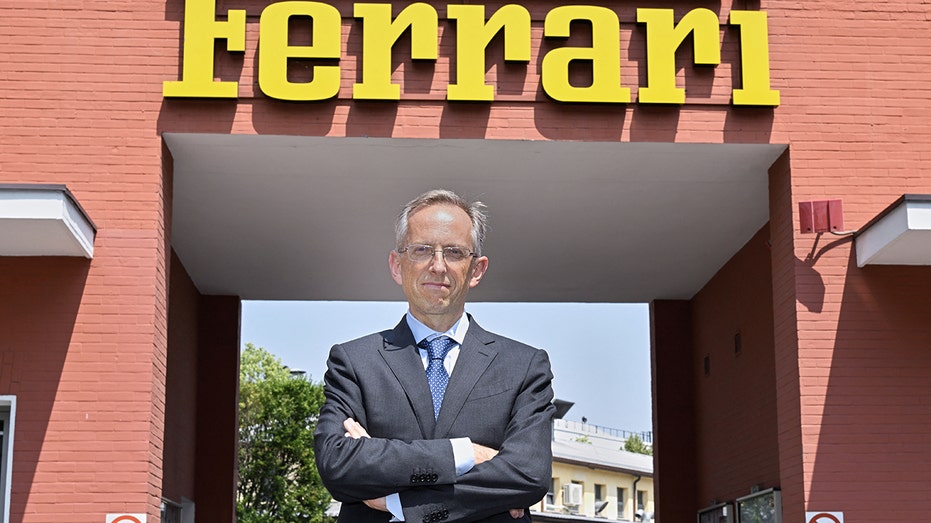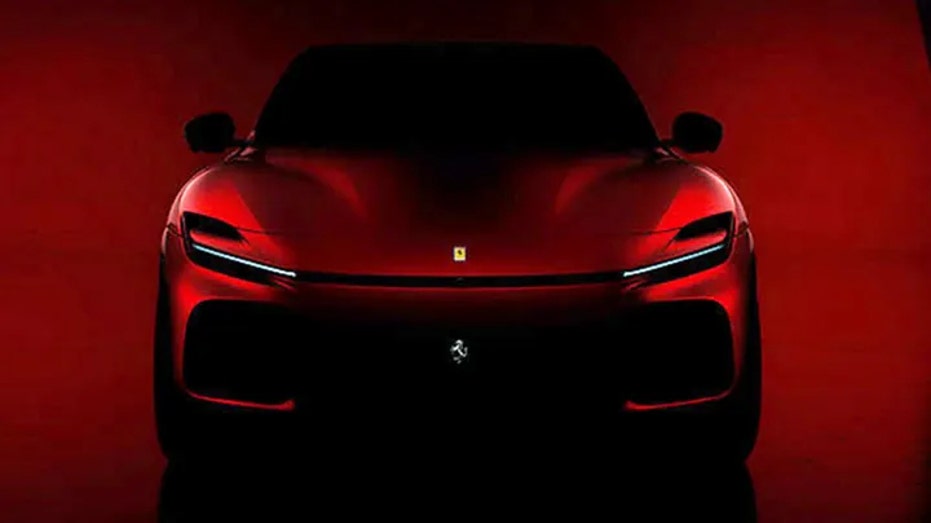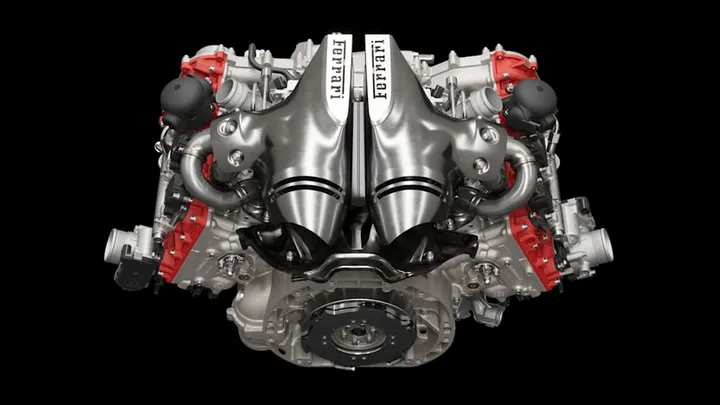Ferrari isn't killing its gas-powered engines anytime soon
First electric Ferrari to launch in 2025
Ferrari will be prancing into the next decade with piston power.
The Italian sports car brand has confirmed its first all-electric model will be on sale in 2025, but by 2030 most of its cars will still have internal combustion engines and they won't be going away completely anytime soon.
The plan is to continue adding hybrid power to the lineup, like that used in the current 296 GTB, which combines electric motors with a V6 engine, but several models will continue to run solely on gasoline power.
FERRARI'S CHARLES LECLERC SCORES GRAND SLAM WITH F1 AUSTRALIAN GRAND PRIX WIN
Speaking at Ferrari's capital markets day, CEO Benedetto Vigna said Ferrari will launch 15 new vehicles by 2026 that will bring its mix to 5% electric, 55% hybrid and 40% internal combustion. That will shift to 40% electric and 40% hybrid by 2030, with the remaining 20% internal combustion.

The Ferrari 296 GTB features a V6 hybrid power unit. (Ferrari)
Ferrari is building a dedicated assembly line for electrics at its headquarters in Maranello and will design and manufacture its own electric motors and battery modules. However, Vigna, who came to Ferrari from the semiconductor industry last year, said it will outsource the software needed to control it all.
CLICK HERE TO GET THE FOX NEWS APP

Ferrari CEO Benedetto Vigna previously worked in the semiconductor industry. (Reuters/Flavio Lo Scalzo)
"I will never build a Ferrari operating system, I would be foolish," Vigna said. "You have to focus on the areas where you can be the best."

The Ferrari Purosangue will be the brand's first SUV. (Ferrari)
The next model to be released is the Purosangue, which will be powered by a conventional V12 engine when it debuts in September as Ferrari's first SUV.
GET FOX BUSINESS ON THE GO BY CLICKING HERE
Unlike Lamborghini, whose Urus SUV accounts for half the brand's sales, Ferrari will limit the Purosangue to just 20% of its annual output.




















